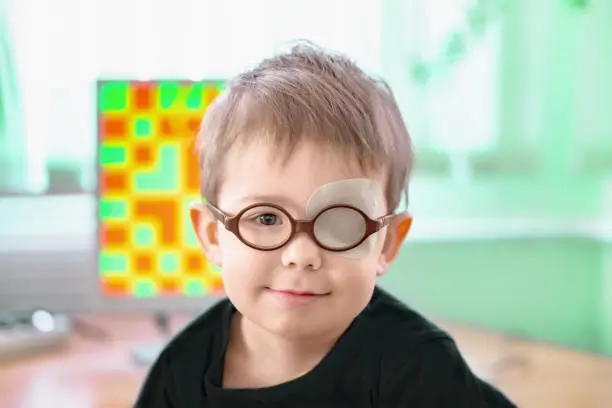Protecting your Eyes From the Sun’s UV Light
Here are some common questions and answers about UV light and how to protect your eyes from the sun.
Here are some common questions and answers about UV light and how to protect your eyes from the sun.
By Dr. Gilbert NacouziDr. Nacouzi is the Director of the Myopia Management HUB at Optic Nacouzi. He is an Optometrist by trade and a Doctor in Entrepreneurship. He studied BSc…
A cross-disciplinary University of Waterloo team has developed a new contact lens material that could act as a bandage for corneal wounds while releasing drugs in a controlled manner to…

Adults who had amblyopia ('lazy eye') in childhood are more likely to experience hypertension, obesity, and metabolic syndrome in adulthood, as well as an increased risk of heart attack, finds…
By Sarah McGoldrickMyopia has reached epidemic proportions. Once seen as an eye condition mainly experienced by children, it now affects approximately 25 percent of a quarter of young adults. A…
The Organoid group at the Hubrecht Institute produced the first organoid model of the human conjunctiva. These organoids mimic the function of the actual human conjunctiva, a tissue involved in…
It's taboo to consume seaweed soup before exams in Korea since it can lead to failing the exam. The belief is rooted in the idea that the slippery nature of…
In an age when Artificial Intelligence is revolutionizing various industries, and driving further innovation and advancements, Vision Rx Lab, a leading ophthalmic lens manufacturer from Asia, brings the power of…
GENEVA (ILO News) – More needs to be done to protect workers’ eye health, says a new report by the International Labour Organization (ILO) and the International Agency for the Prevention…
Uncorrected refractive error is often ignored in the realm of global health priorities, yet its substantial impact on the economic and personal wellbeing of individuals and societies worldwide is undeniable. Myopia (shortsightedness), hyperopia (farsightedness), and astigmatism, grouped together under the term ‘refractive error’, cause blurred distance and/or near vision, and presbyopia (age-related loss of accommodation) causes blurred near vision.